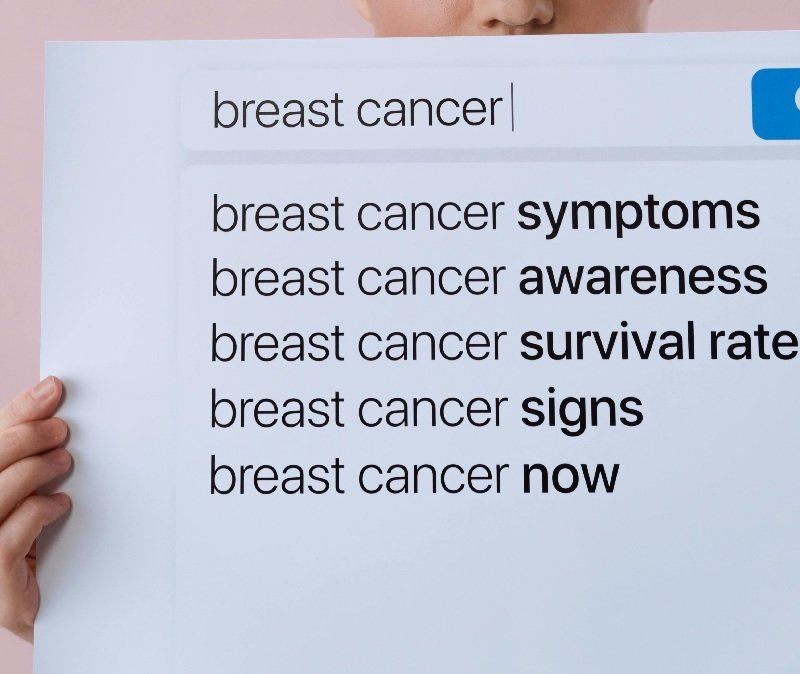
Medical Oncologists
Medical oncologists are key members of the breast cancer multidisciplinary team. They specialize in the systemic treatment of cancer, using medications like chemotherapy, hormone therapy, and targeted therapies to treat cancer cells throughout the body.
Developing a Personalized Treatment Plan
Medical oncologists work closely with other specialists, including surgeons, radiation oncologists, radiologists, and pathologists, to develop a comprehensive treatment plan tailored to each patient’s unique needs. Factors considered include:
- Cancer Stage and Type: The specific type of breast cancer and its stage influence treatment decisions.
- Tumor Characteristics: Information about the tumor’s hormone receptor status, HER2 status, and other molecular markers helps determine the most effective therapies.
- Patient’s Overall Health and Preferences: Treatment plans are individualized based on the patient’s age, overall health, and personal preferences.
Administering Systemic Therapies
Medical oncologists are responsible for administering and managing systemic therapies, including:
- Chemotherapy: These powerful drugs destroy rapidly dividing cells, including cancer cells. Different types of chemotherapy are used to treat breast cancer, and the specific regimen is chosen based on the individual patient’s situation.
- Hormone Therapy: This therapy blocks or reduces the effects of hormones that can fuel the growth of certain types of breast cancer.
- Targeted Therapies: These drugs specifically target certain molecules involved in cancer growth, such as HER2.
Monitoring Treatment Response and Managing Side Effects
Medical oncologists closely monitor patients during and after treatment to assess how well the therapy is working and manage any side effects. They may adjust the treatment plan as needed based on the patient’s response.
Providing Long-Term Care and Survivorship Support
Medical oncologists play a crucial role in long-term follow-up care, monitoring for cancer recurrence and managing any long-term side effects of treatment. They also provide support and resources to help survivors navigate the physical and emotional challenges of living with and beyond cancer.
Coordinating Care within the Multidisciplinary Team
Medical oncologists work closely with other specialists to ensure that patients receive coordinated and comprehensive care. They participate in tumor boards and other collaborative meetings to discuss complex cases and develop the best treatment strategies.
Educating and Supporting Patients
Medical oncologists provide patients with essential information about their diagnosis, treatment options, and potential side effects. They empower patients to make informed decisions about their care and provide emotional support throughout the treatment journey.